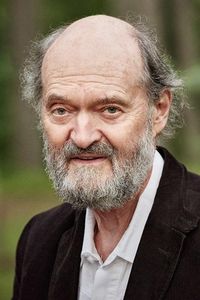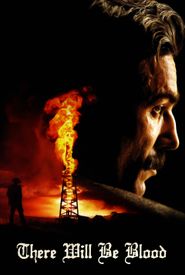Here is the biography of Arvo Pärt:
Arvo Pärt was born on September 11, 1935, in Paide, Estonia. He began his musical education at the Rakvere Music School under Ille Martin and later continued his studies at the Tallinn Music School under Veljo Tormis. Pärt's early compositions were influenced by modernist techniques, including neoclassicism, dodecaphony, and serialism.
In the 1960s, Pärt worked as a sound engineer at the Estonian Radio and composed music for film and television. During this period, he also composed his first dodecaphonic and sonoristic works, including Nekrolog and Perpetuum mobile.
However, Pärt's music was not well received by the Soviet authorities, and his work was criticized for being too avant-garde. In 1968, he composed his most controversial work, Credo, which was banned and Pärt was forced to stop composing for several years.
Pärt's creative output was reinvigorated in the 1970s, when he began to study Gregorian chant and Renaissance polyphony. He developed a new musical language, which he called tintinnabuli, characterized by the use of two monodic lines of structure - melody and triad - and strict mathematical formulas.
Pärt's tintinnabuli music was first introduced in the 1970s, with works such as Für Alina, Cantus in Memory of Benjamin Britten, and Tabula rasa. This new style has remained a central part of his compositional output for over 40 years.
In the 1980s, Pärt emigrated to Vienna and later moved to Berlin, where he continued to compose music. He has since become one of the most renowned and influential composers of his generation, with a wide range of works including vocal compositions, orchestral pieces, and chamber music.
Pärt has received numerous awards and accolades for his music, including the Grawemeyer Award, the Polar Music Prize, and the Order of the White Star. He has also been recognized for his contributions to Estonian culture and has been awarded the Order of the Cross of Terra Mariana.
Today, Pärt lives in Estonia and continues to compose music. His works are performed by leading orchestras and ensembles around the world, and he remains one of the most celebrated and beloved composers of his generation.


















